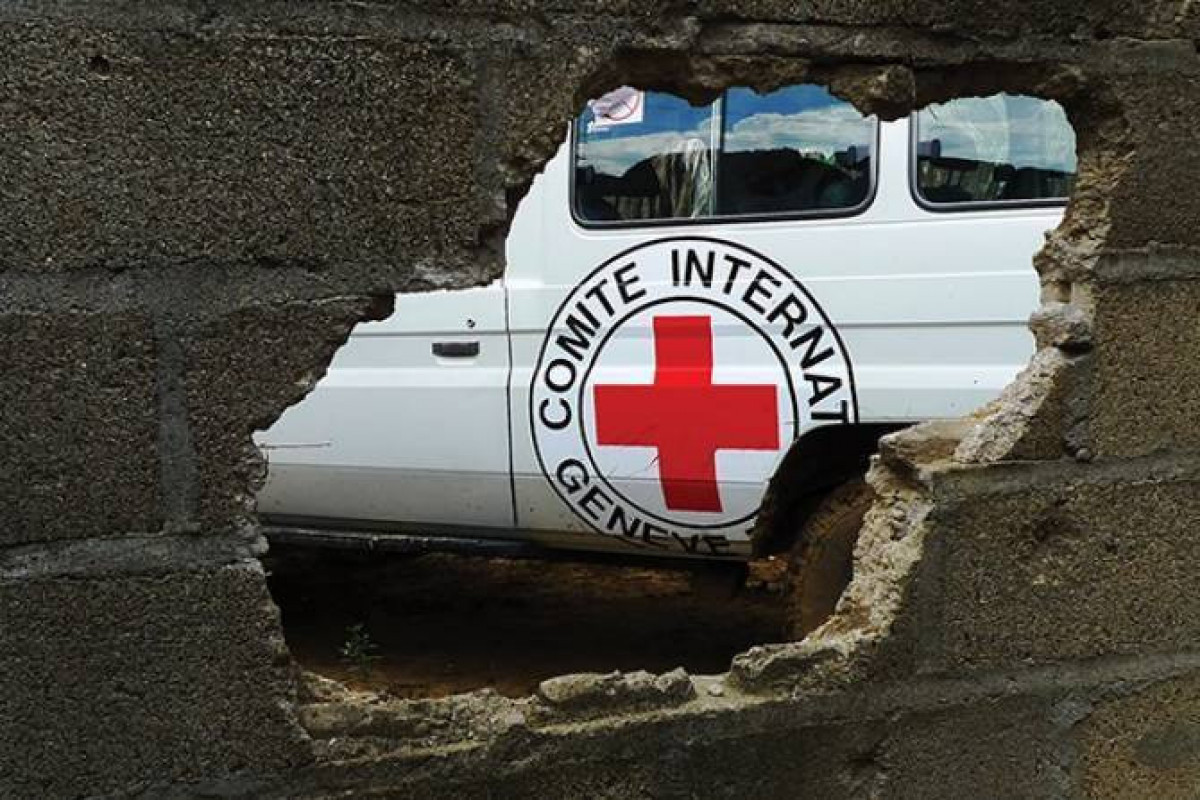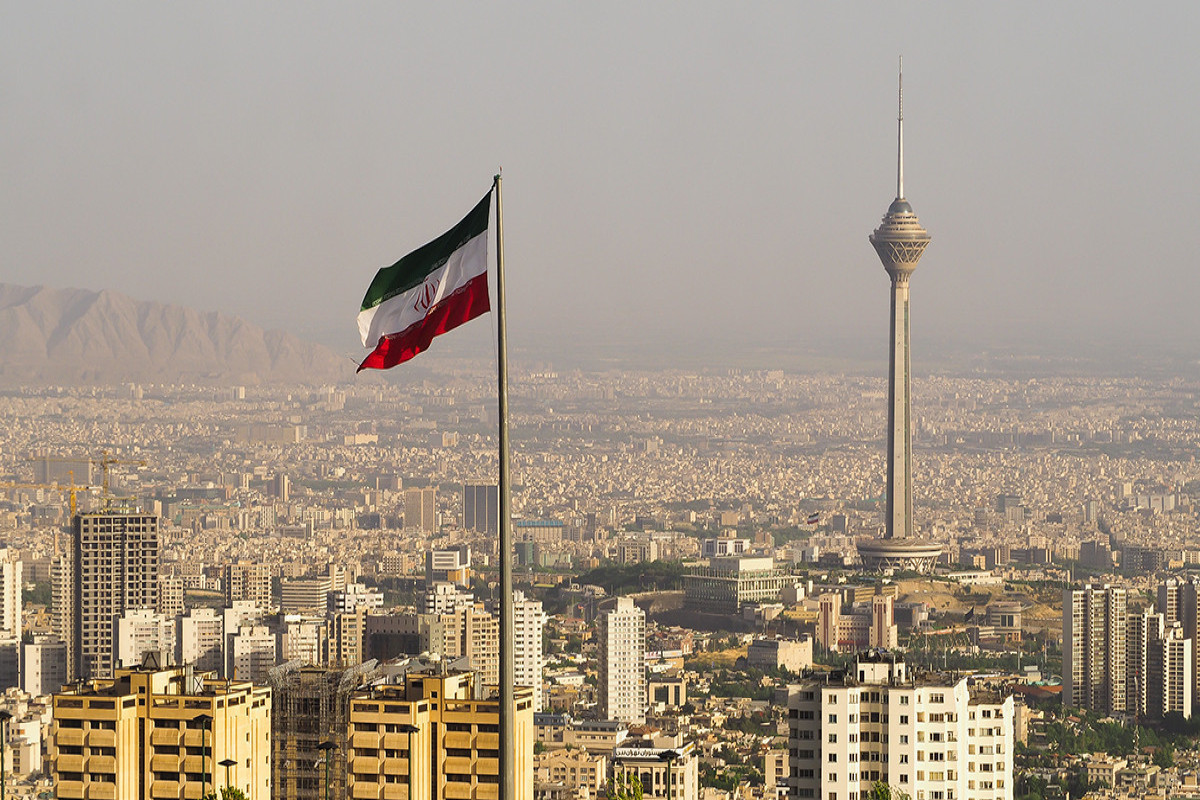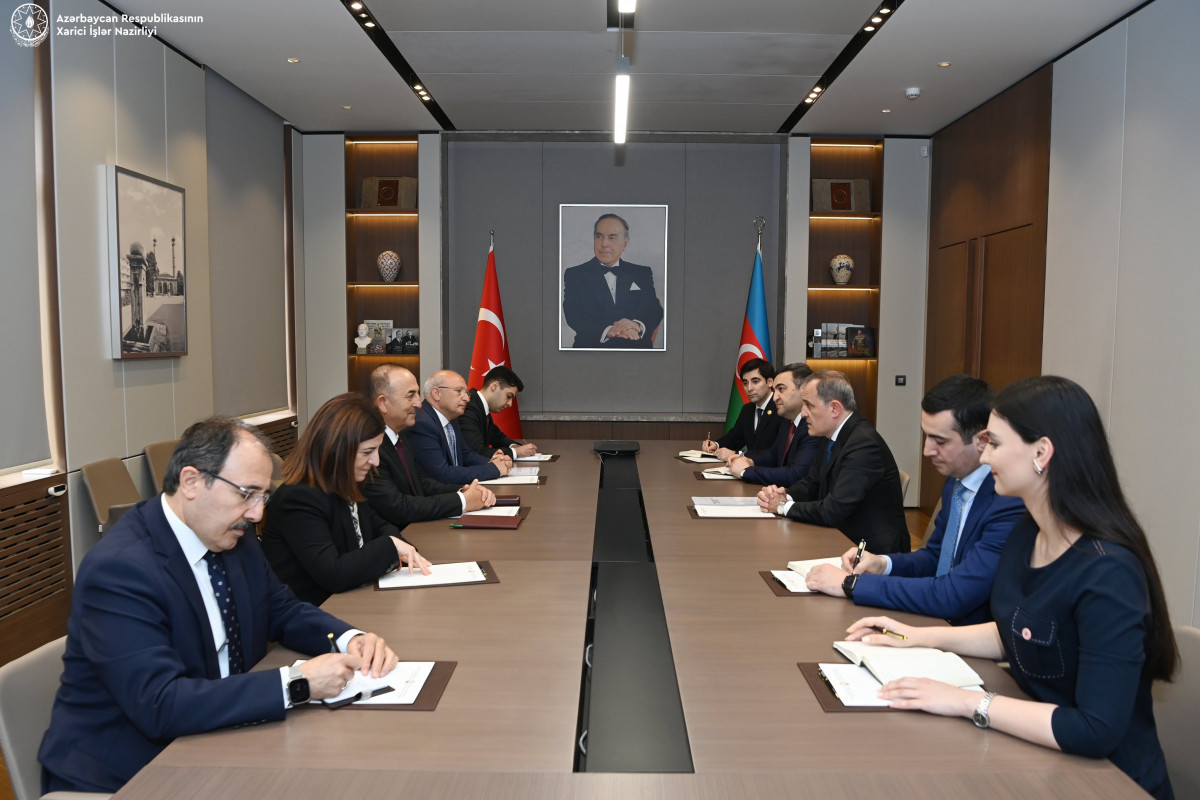The next tripartite dialogue held in Brussels on May 14 can be considered significant for Azerbaijan in several ways.
Brussels format has been restored with the talks on May 14. After the last tripartite meeting held in Brussels in August of 2022, no talks were held in this format. Some problems arose after the meeting in Prague held in October of the previous year and France played the main role in creating those problems. After the meeting in Prague, France wanted to join the negotiation process also at Armenia’s request, and even put forward this as a main condition through Yerevan.
It is worth remembering that the next Aliyev-Pashinyan meeting scheduled to be held in Brussels on December 7, 2022, did not take place precisely because of this ambition. In his speech at the international conference “Along the Middle Corridor: Geopolitics, Security and Economy” held at the ADA University on November 25, 2022, the President of Azerbaijan Ilham Aliyev stated that that meeting will not take place as the Prime Minister of Armenia has put forward the condition that he would agree to that meeting only if the President of France Emmanuel Macron would attend it.
With this, the negotiations held in August 2022 were the last due to France's fault. However, despite France's active intervention and Armenia's demand for Paris to join the process, Azerbaijan definitely did not allow it, and with the May 14 negotiations, Pashinyan had to return to the previous tripartite format.
The main agenda of the Brussels meeting suggests that this format is more productive for the sides.
The main focus of the negotiations held in this format is the normalization of relations between Azerbaijan and Armenia, border delimitation, taking the next steps towards a peace agreement, opening communications, humanitarian issues, including mine terrorism against Azerbaijan, the fate of the missing people and other issues.
Azerbaijan is satisfied with the Brussels format and the state of relations with the EU, it was only France that prevented it, and now it has been prevented. In general, the position demonstrated by the President of the European Union Charles Michel in the Azerbaijan-Armenia settlement can be appreciated. Thus, Mr. Michel behaves not as a mediator, but rather as a supporter of the dialogue between Azerbaijan and Armenia. The agreement to hold the next negotiations in Brussels in July also gives reason to say that he is sincere in bringing this process to a logical conclusion.
The expected meeting of Azerbaijani, Armenian, France, and EU leaders in Chișinău is not in the format of negotiations. It is considered to hold an informal meeting within the framework of the next summit of the European Political Community in the capital of Moldova. At the same time, the Federal Chancellor of the Federal Republic of Germany Olaf Scholz, will also participate in that meeting. The participation of Germany, which has respected international law and the territorial integrity of Azerbaijan in the Chișin meeting, will somehow neutralize the participation of French President Macron. Berlin, like others who are sincere in this process, understands very well that unnecessary interventions of France only harm the peace process.
When it comes to the finals of the May 14 meeting... It was revealed after the press statements of Mr. Michel after 4 hours of negotiations that there have been very serious discussions among parties. Referring to the press statement of the EU President, we can say that Azerbaijan could get successful results in the next Brussels meeting.
Which are those successes?
During the negotiations, the Armenian side insisted on noting the maps of 1975, but this statement was not accepted. As a result, Michel's statement only contains a reference to the Alma-Ata Declaration that Karabakh is an integral part of Azerbaijan.
At the end of the meeting, Aliyev and Pashinyan confirmed to their commitment to the territorial integrity of Azerbaijan's 86.6 thousand square km, and Armenia's 29.8 thousand square km. This means that Pashinyan and Armenia officially and openly admitted that Karabakh is the territory of Azerbaijan, by recognizing the territory of Azerbaijan at least 86.6 thousand square km.
Another significant point is related to Lachin Road. In Michel’s statement, there is no mention of the establishment of a checkpoint on the Lachin road and at the beginning of the Lachin road on the Armenia-n- Azerbaijani border. This point suggests that Azerbaijan’s creation of a checkpoint in its sovereign territory is welcomed by everyone, and new realities are also accepted by the international community. Armenia’s false blockade and checkpoint hysteria are no longer taken seriously by the international community.
In Michel's statement, emphasizing only the rights and security of Karabakh Armenians and talking about Baku's open dialogue with this group of people show that the Armenian population in Karabakh is already considered Azerbaijani citizens by influential international organizations. Accordingly, there can be no question of any status. Not even international mechanisms. Now the main point is that the Armenian population in Karabakh finally understands this and takes appropriate steps.
The issue of opening communications between Azerbaijan and Armenia should be considered the next important point of Michel’s statement. It is clear from the EU statement that there is progress in opening the railway section of the Zangazur corridor. Michel stated that parties have made clear progress in their discussions aimed at opening transport and economic relations in the region regarding communications.
“Now the positions on this subject are very close to each other, especially related to the reopening of railway links to Nakchivan, and passing through Nakhchivan. The leaders gave instructions to their teams to finalize an agreement in principle on opening rail links and carrying out the necessary construction works along with a specific timetable.
They also agreed to use the support of the World Customs Committee,” stressed Charles Michelle.
Michel’s statement has shown that dialogue on humanitarian issues between the two countries, also releasing detainees, lending clarity to the fate of Azerbaijanis who went missing during the First Karabakh war, contamination of Azerbaijani territories with landmines, etc. will be continued within the framework of Brussels format.
The result of the May 14 meeting is that Armenia recognized the territorial integrity of Azerbaijan this time on the platform of the European Union.
The fact that the leaders of Azerbaijan and Armenia confirmed their unequivocal commitment to the Alma-Ata Declaration of 1991 and the inviolability of Armenia's 29.8 thousand square kilometers and Azerbaijan's 86.6 thousand square kilometers is another historical victory of Azerbaijani diplomacy.
Armenia has officially admitted the necessity of opening the Zangazur corridor. Moreover, the idea of the realization of the Zangazur corridor by the initiative of Azerbaijan was supported by the European Union as well.
Armenia was not able to propose any alternative against Azerbaijan’s initiatives promising lasting peace to the region. It was also confirmed on the European Union platform that Baku's arguments are fully justified.
One of the most important points was that the European Union stated that it included the establishment of peace in the region in its geostrategic priorities.
The agreement of the next Brussels meeting for July of this year can be considered an indicator of the extent to which the European Union attaches importance to this issue.


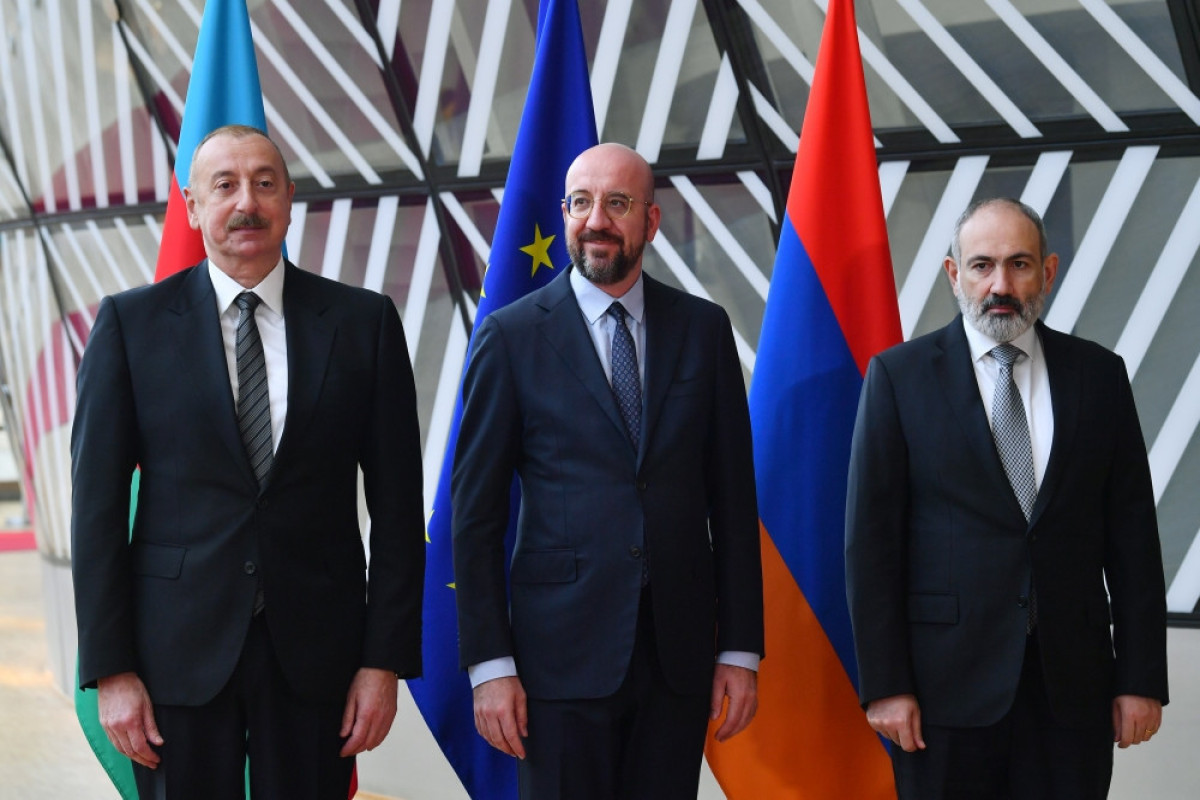
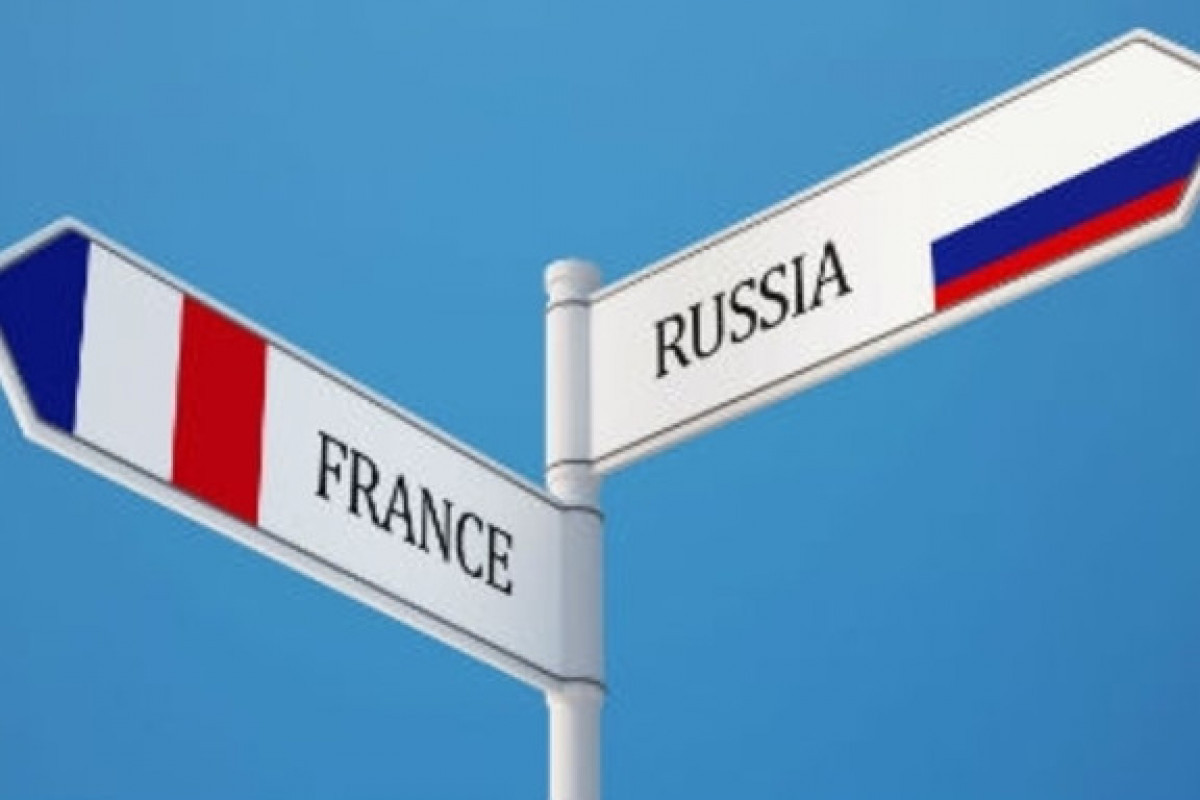 ANALYSIS'>
ANALYSIS'>
